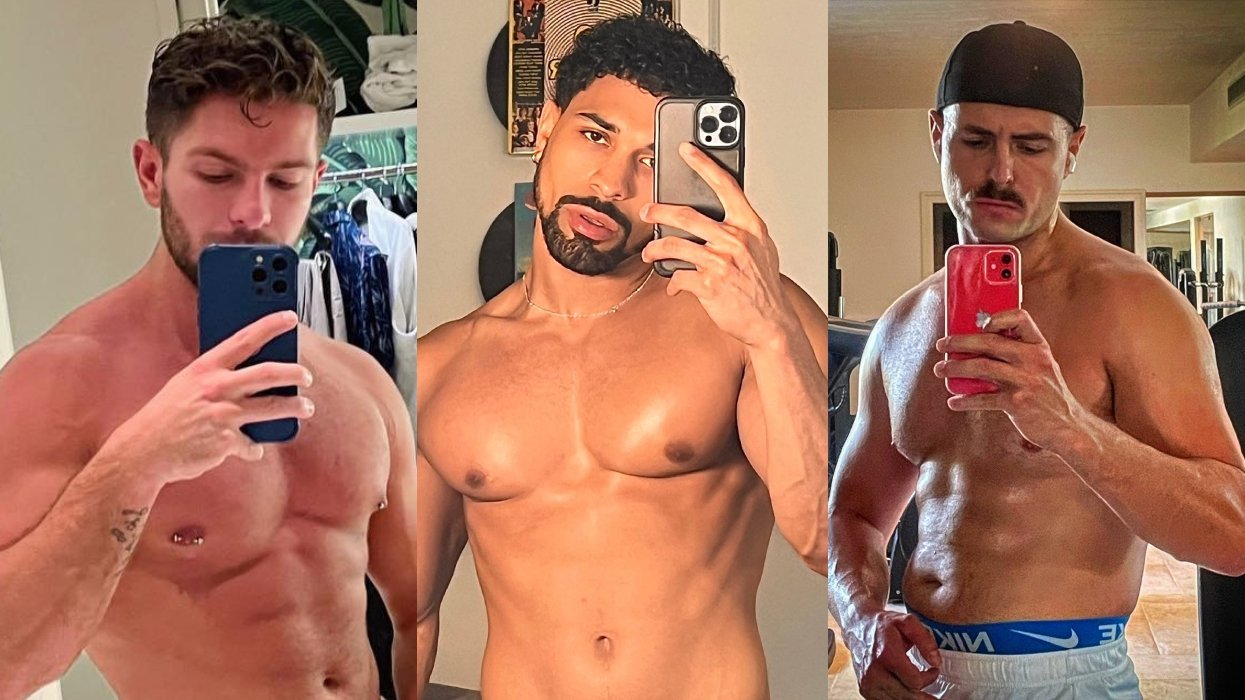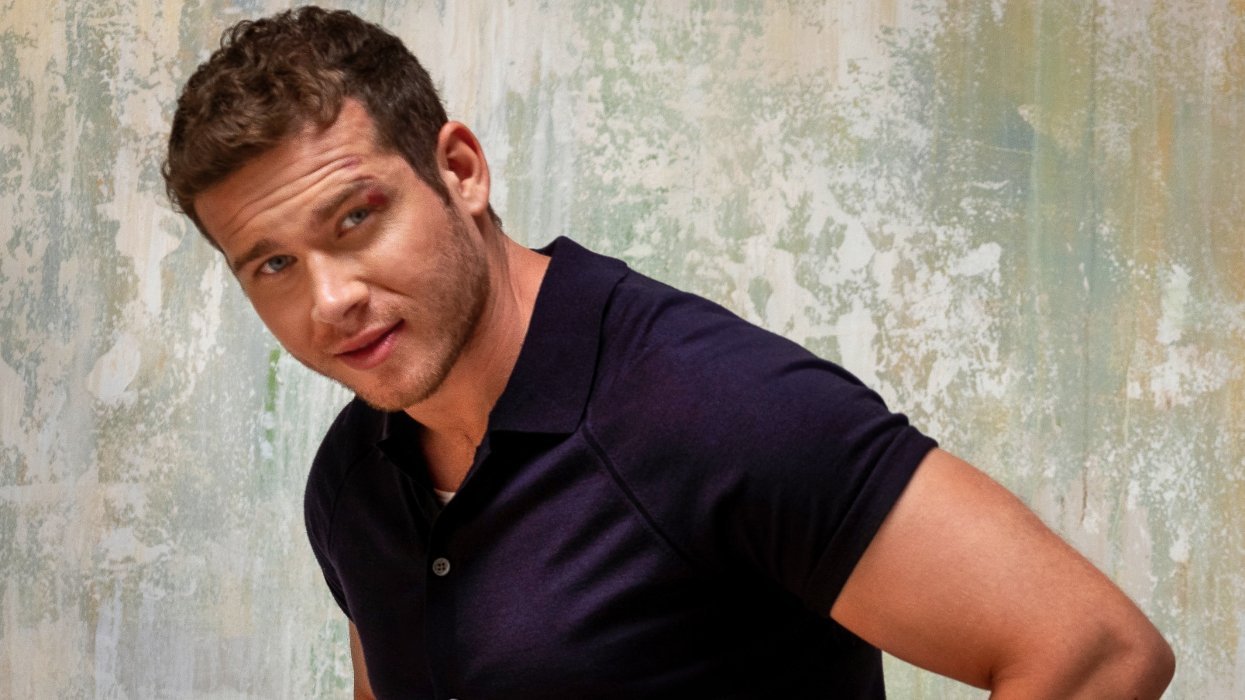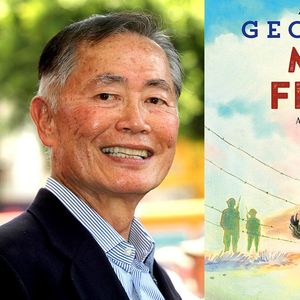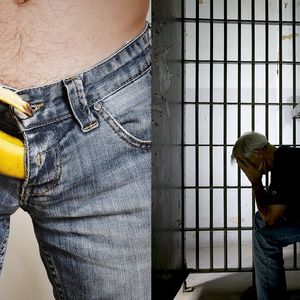I was born in the United States. My mother, a Mexican-American woman, taught high school English. When I was a kid, she'd correct me over little grammatical errors -- "It's my friend and I," "It's brought not brang" -- and we as a family existed on a steady diet of deeply American fast food. My abuelos, who'd struggled with English, engineered these cultural shifts and did their best to be good US citizens. These things don't really matter when nativism comes knocking, as illustrated by recent events. Because fo r marginalized people, there's no level of assimilation that will negate our "other" status.
Recently, President Trump took to Twitter and hurled racist digs at "the squad," four women of color in Congress who collectively represent his worst nightmare: they aren't white, and they aren't afraid of him. In his tweets, Trump said the Congresswomen "originally came from countries whose governments are a complete and total catastrophe" and suggested they "go back and help fix the totally broken and crime infested places from which they came."
Of "the squad," which is comprised of Alexandria Ocasio Cortez (D-NY), Rashia Tlaib (D-MI), Ayanna Pressley (D-MA), and Ilhan Omar (D-MN), only Omar is an immigrant. But, again, this doesn't really matter because none of them are white and all of them have committed the sin of criticizing America. "Ungrateful" is how a significant chunk of people in the US would describe that sin. For those of us navigating marginalized identities, "ungrateful" is a word we've likely encountered before, reminding us of our place, as members of the underclass.
This is evident in public response to Trump's tweets. Matthew Parris, of The Times in the UK, said of the four Congresswomen, "there is such a thing as courtesy to a host country" and that even second-generation immigrants "will be seen, for a generation or two, as neither better nor worse but different." The dog whistles have become more like foghorns lately, but it's worth unpacking what people like Parris and Trump mean when they reference gratitude in the context of people of color who dare criticize the United States while living within its borders.
In healthier societies, gratitude is a virtue that builds community. It expresses thanks for something given, yes, but it also affirms mutual humanity: thank you for valuing me as a person, for valuing me as you value yourself. Gratitude says we are in this together and we ought to help each other out. What is being asked of marginalized people is not gratitude. It is debt. We are being asked to feel indebted, because debt is what maintains racial and social hierarchies in the US. How are we ever to thrive when we start so deep in the well?
My abuelo was in debt of both the monetary and spiritual kind. He took out many loans to keep afloat. He gambled a lot of his savings away. But he also believed, despite everything, in the notion that he was lucky to be here. He hadn't been allowed to eat with his white teammates on his high school baseball team in the restaurant, and he'd barely had enough money to go to college, but he nonetheless carried himself, head down and shoulders slumped, with gratitude, a smothering gratitude that is something of a cultural trademark among Chicanos.
We are to work hard and not complain. My abuelos, for example, retold stories of working in a field and living in poverty in the US with a degree of pride. Humility, sweat, a job well done -- these are values that saturate the Chicano world and many other immigrant communities. To me, it also gave me the impression that we were to tiptoe around this country, making as little noise as possible, because we were fortunate enough to be American citizens.
But this kind of gratitude is the enemy of self-assertion, the confidence it takes to make demands and empower oneself in their environment. That is by design. If we are made to feel like perpetual foreigners in our own homes, we will be less likely to advocate for ourselves and to ask for better treatment. I've seen this sentiment pervade among Mexican-Americans as well as LGBTQ people. For some, there is stigma and shame in asking for too much, for being loud, for the audacity of voicing our discontent. Marginalized people are often taught to police ourselves, even against our own interests.
Trump's comments and the ensuing battle over them remind me that my US passport doesn't otherize me any less. I am reminded that there is no degree of gratitude or "good behavior" we can express that will ever disrupt white supremacy in a meaningful way or stop the imagining of nonwhite people as "the other."
If being "ungrateful" is shorthand for being a person who is asking too much, who is not content with the way marginalized communities are being treated in our society, then consider me an ingrate.



















































































Stop Demanding People of Color to Show ‘Gratitude’
The idea that immigrants and people of color should be quiet and grateful to simply live in the US isn’t unintentional. It’s by design.